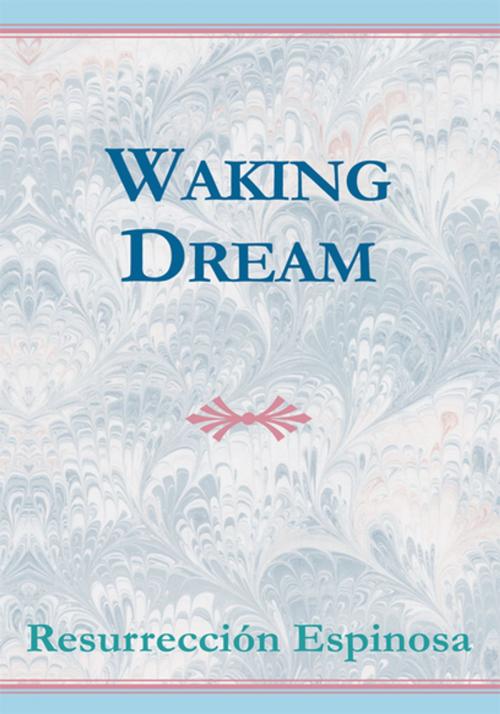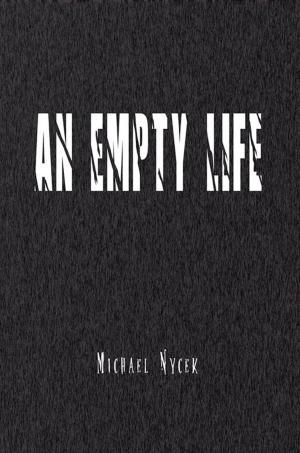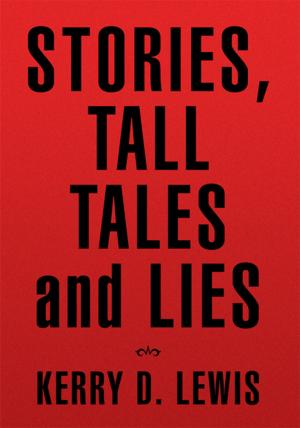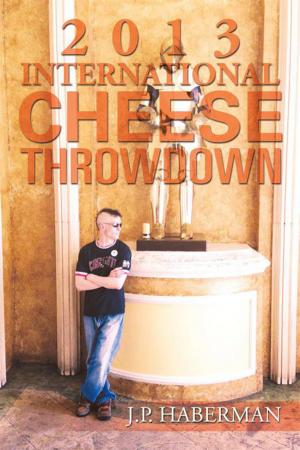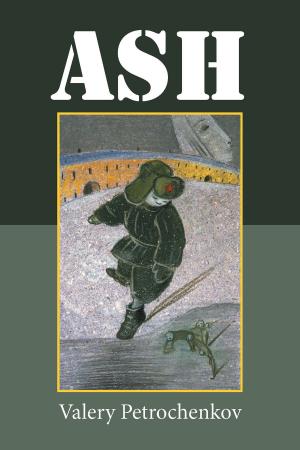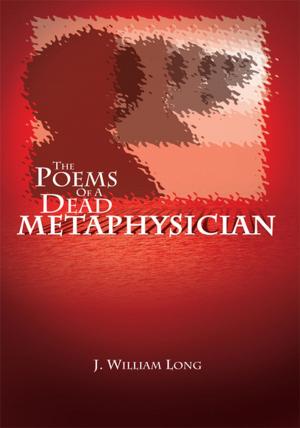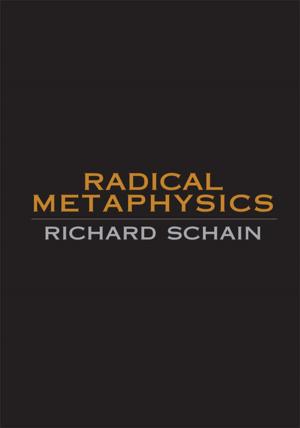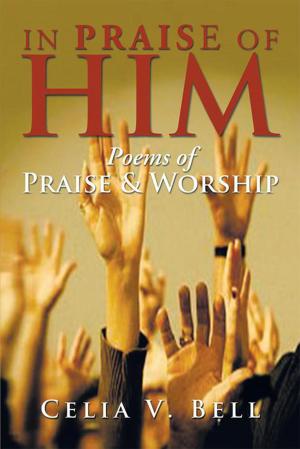| Author: | Resurrección Espinosa | ISBN: | 9781462806263 |
| Publisher: | Xlibris US | Publication: | August 1, 1998 |
| Imprint: | Xlibris US | Language: | English |
| Author: | Resurrección Espinosa |
| ISBN: | 9781462806263 |
| Publisher: | Xlibris US |
| Publication: | August 1, 1998 |
| Imprint: | Xlibris US |
| Language: | English |
Waking Dream is a collection of fifty-eight poems that evoke forcefully the adventures in thought, feeling and action of Resurreccin Espinosa, a Spanish-born writer who has lived in the United States since 1978. The poems vary widely in mood, subject and setting - from comedy to pathos, from past to present, from city to countryside, from loneliness to love - but are united by the intertwined themes of searching for a home and building a life. The poems also reflect Resurreccin's conception of the function of the poet in society - a role in keeping with the origin of the word "poet": a maker of spiritual worlds that help to unite human beings with one another and with the enduring aspects of reality.
The natural world appears frequently as subject matter in this collection. Plants and landscapes come alive with the qualities of the human spirit, becoming companions on man's journey. In the poem entitled Aloe, the poet speaks as if she were the plant, telling of its life - how it grows in an arid environment, storing a liquid described in the poem as "patience", which has the virtue of stopping pain. The healing qualities of the Aloe plant in the poem become also the healing qualities of love, and of poetry:
"Surrounded
Bu the soul of want,
I wait,
Dreaming patience
Into my flesh.
...
... I will caress
The cry of pain
To silence."
The poet becomes the flower in Hibiscus. Each blossom of the Hibiscus plant lasts only one day. In the poem, this brevity becomes a symbol:
"But I shall be something else
From what you knew -
A memory, a life fully lived
And ended, without regret
And without tears."
Frustrating experiences are transformed into occasions for humor, for accepting reality as it comes. Resurreccin signed up for a beginners' ballet class at a time when she was especially burdened by work, hoping to find some creative relaxation. She wrote The House Cricket just after the first - and final - time she attended this class:
"...
Nothing I could say
Would change his tune.
And the value
Is...
Well, wouldn't you like
To sing
Or dance
That way, too?"
One of the responsibilities of the inmigrant is to respect the new country's culture and to become acquainted with its manifestations insofar as possible. Among Resurreccin's favorite American painters is Andrew Wyeth, for several of whose paintings she has written poems. Shadow and light in the painting entitled Lovers, from the Helga collection, is described in the poem of the same name as "The weight of darkness" and "The generosity of light." There are two other poems inspired by Wyeth in this collection - "Geraniums" and "Refuge."
Being both an immigrant and a teacher has brought Resurreccin in contact with people who are just starting their life here. Beginning a new life, learning a new language are difficult things, especially for those who are semi-literate in their native language. As a bilingual teacher, trying to help students and their families, Resurreccin was confronted with the necessity of writing about the experience of these people, but found that she could not do so by using either standard English or standard Spanish, because the language used by some of these people to survive in the United States, at least at the beginning of their life here, is a compound of elements of the two languages.
The poems dealing with this topic are written in what Resurreccin calls "Spanglish", and each one of them is unique in the form that this new language takes, since each individual is at any given time at a different stage of his or her learning of the English language. In most of the poems in Spanglish, the spelling of English words are either correct or very close, so that one understands that the speaker in the poem has mastered English phonetics quite well.
Waking Dream is a collection of fifty-eight poems that evoke forcefully the adventures in thought, feeling and action of Resurreccin Espinosa, a Spanish-born writer who has lived in the United States since 1978. The poems vary widely in mood, subject and setting - from comedy to pathos, from past to present, from city to countryside, from loneliness to love - but are united by the intertwined themes of searching for a home and building a life. The poems also reflect Resurreccin's conception of the function of the poet in society - a role in keeping with the origin of the word "poet": a maker of spiritual worlds that help to unite human beings with one another and with the enduring aspects of reality.
The natural world appears frequently as subject matter in this collection. Plants and landscapes come alive with the qualities of the human spirit, becoming companions on man's journey. In the poem entitled Aloe, the poet speaks as if she were the plant, telling of its life - how it grows in an arid environment, storing a liquid described in the poem as "patience", which has the virtue of stopping pain. The healing qualities of the Aloe plant in the poem become also the healing qualities of love, and of poetry:
"Surrounded
Bu the soul of want,
I wait,
Dreaming patience
Into my flesh.
...
... I will caress
The cry of pain
To silence."
The poet becomes the flower in Hibiscus. Each blossom of the Hibiscus plant lasts only one day. In the poem, this brevity becomes a symbol:
"But I shall be something else
From what you knew -
A memory, a life fully lived
And ended, without regret
And without tears."
Frustrating experiences are transformed into occasions for humor, for accepting reality as it comes. Resurreccin signed up for a beginners' ballet class at a time when she was especially burdened by work, hoping to find some creative relaxation. She wrote The House Cricket just after the first - and final - time she attended this class:
"...
Nothing I could say
Would change his tune.
And the value
Is...
Well, wouldn't you like
To sing
Or dance
That way, too?"
One of the responsibilities of the inmigrant is to respect the new country's culture and to become acquainted with its manifestations insofar as possible. Among Resurreccin's favorite American painters is Andrew Wyeth, for several of whose paintings she has written poems. Shadow and light in the painting entitled Lovers, from the Helga collection, is described in the poem of the same name as "The weight of darkness" and "The generosity of light." There are two other poems inspired by Wyeth in this collection - "Geraniums" and "Refuge."
Being both an immigrant and a teacher has brought Resurreccin in contact with people who are just starting their life here. Beginning a new life, learning a new language are difficult things, especially for those who are semi-literate in their native language. As a bilingual teacher, trying to help students and their families, Resurreccin was confronted with the necessity of writing about the experience of these people, but found that she could not do so by using either standard English or standard Spanish, because the language used by some of these people to survive in the United States, at least at the beginning of their life here, is a compound of elements of the two languages.
The poems dealing with this topic are written in what Resurreccin calls "Spanglish", and each one of them is unique in the form that this new language takes, since each individual is at any given time at a different stage of his or her learning of the English language. In most of the poems in Spanglish, the spelling of English words are either correct or very close, so that one understands that the speaker in the poem has mastered English phonetics quite well.
